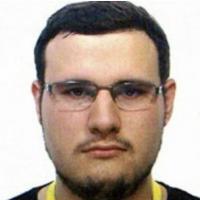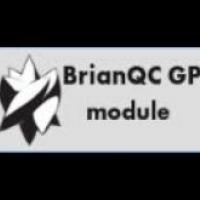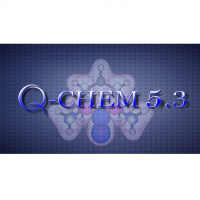Q-Chem Webinar 44
PySurf - A Framework for Database Accelerated Direct Dynamics

Dr. Maximilian Menger was born and raised in Germany. In 2019 he earned his PhD in Theoretical Chemistry, as a Marie Skłodowska-Curie European Joint Doctorates scholar. During his PhD, he worked with Prof. Benedetta Mennucci (Pisa) and Prof. Leticia Gonzalez (Vienna) on multi-scale approaches for the description of light-harvesting systems. Dr. Menger’s work led to several high-quality papers, as well as the honor added to his PhD degrees considered to be of the highest quality. Since June 2019, he has been working with Prof. Shirin Faraji, University of Groningen (The Netherlands) on the development of efficient approaches to study the photo-induced nonadiabatic dynamics of medium to large molecules with explicit inclusion of the complex environment. Dr. Menger has actively contributed to various computational chemistry software, e.g. Q-Chem, SHARC, TheoDORE, and is the main developer of PySurf.
Abstract
Recent years have seen continuous growth of advanced electronic structure software packages which has had an extraordinary impact on our ability to aid the rational design of new molecules with specific properties. Yet, there is a growing demand for a flexible code, which not only is specifically designed for rapid prototyping and development of new methodologies and algorithms, but also offers a framework to pass molecular properties, e.g. electronic energies, nuclear gradient, dipole moments calculated by already existing quantum chemistry software, to custom algorithms, for example, to set up a number of calculations for geometries obtained from a Wigner sampling to compute a spectrum.
Here, we present PySurf, a development environment for quantum chemistry software, purely written in Python and tailored around the Q-Chem program package. It comes with a powerful plugin and workflow engine, which allows an intuitive customization or individual tasks. Data is automatically stored through the database framework, which enables additional interpolation of properties in previously evaluated regions of the conformational space, and paves the road for implementation of new machine learning algorithms.
In this webinar, we will show the general code structure, how to set up custom workflow routines, and submit and parse electronic structure calculations. Additionally, to illustrate the potential of the framework, we present a code for machine learning enhanced trajectory surface-hopping simulation and the degree of sophistication, which can be achieved by this database accelerated direct dynamics approach, being competitive to commonly used semi-classical simulations and full quantum dynamics.

Questions or suggestions?
We hope you enjoyed this webinar! If you have any questions or feedback for the speaker or the Q-Chem team on the topics covered in this webinar, please use this forum thread:https://talk.q-chem.com/t/webinar-44-by-maximilian-menger-pysurf-a-framework-for-database-accelerated-direct-dynamics/151.





